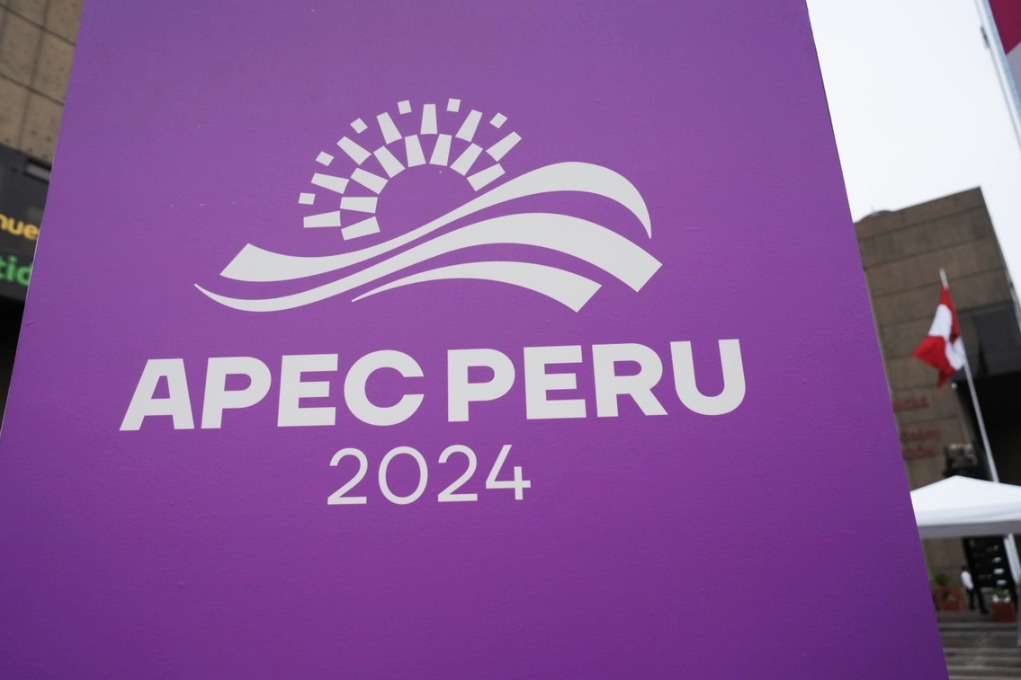What awaits Sino-US ties in Trump 2.0 era

Many might think that Donald Trump's victory in the 2024 United States presidential election will have a huge impact on US-China relations. But a more realistic view suggests otherwise.
First, the course of US-China relations was set on its current path from around the time the George W. Bush administration failed to secure a free trade area of the Americas, and its ideological basis began to take a more definitive form during the Barack Obama administration. It was at that point that the post-1945 vision of a unifying framework, within which all states would have mutually beneficial relations, was abandoned in favor of a global vision that would reflect the core values of a country under whose leadership clusters of intergovernmental relations could be formed.
At the same time, the exigencies of foreign relations suggested the effective utility of separating the domestic economy from the international. The Trump administration's "America First" policy would find reflection on the Chinese side as the "dual-circulation development paradigm "that allows the domestic and overseas markets to reinforce each other, with the domestic market as the mainstay.
Second, none of the core principles or trajectories of these policy shifts changed much during the Joe Biden administration. While the Trump administration focused initially on trade and economic advantage, at the start of the Biden administration, the focus had shifted to human rights and sanctions. The sanctions based on human rights were part of a broader strategy to align national security and trade objectives with favored international human rights norms as applied by the US.
Third, at its core, there will not be much of a shift in the US' fundamental policy during Trump's second term in office other than the use of tariffs as an instrument of bilateral relations. But that does not mean that win-win mutually advantageous relations cannot be pursued.
Trump's negative views on climate change governance are well known. What is forgotten is that those views are largely grounded in the role of the state in directing climate-related economic conduct.
Trump favors economic enhancement through private enterprises, because they enhance the development of innovative productive forces. Still, there would be room for the Chinese and US sides to consider developing market transactions that may touch on climate-related technologies or operations which enhance mutually profitable economic activity.
General trade cooperation is the most potentially positive area where change in relations is possible. The possibilities of enhancing positive trade relations will have to be based on the negotiation of mutually beneficial pathways to trade.
On the Chinese side, that would include the private enterprises' access to the domestic market in ways that are viewed as reducing risk to tolerable levels. And on the US side, it would require some flexibility in granting Chinese State-owned enterprises access to the domestic market.
Focus on mutually advantageous benefits from trade is the essence of a possible successful positive turn in China-US trade relations.
Long-term successful and mutually beneficial trade relations ought to be the essential goal around which economic relations must be structured. Decoupling is in neither side's long-term interest.
What is required is the development of mechanisms through which it would be possible to build bridges in ways that meet the needs of each to preserve the ideological solidarity and coherence of their emerging trade and normative structures, while allowing well managed bilateral trade.
Putting US-China trade relations on a sounder footing is now possible. However, it would be an error to assume that going forward the trade relations will somehow recapture the visions of the vanished pre-2008 world order.
Realistic negotiations on a state-to-state level under a framework within which both sides can further develop and create opportunities for high-quality production, sensitive to the national characteristics of each may provide a basis for better and more productive trade, cultural and social exchanges.
The author is W. Richard and Mary Eshelman Faculty Scholar and a professor of law and international affairs at Pennsylvania State University. The views don't necessarily reflect those of China Daily.

































